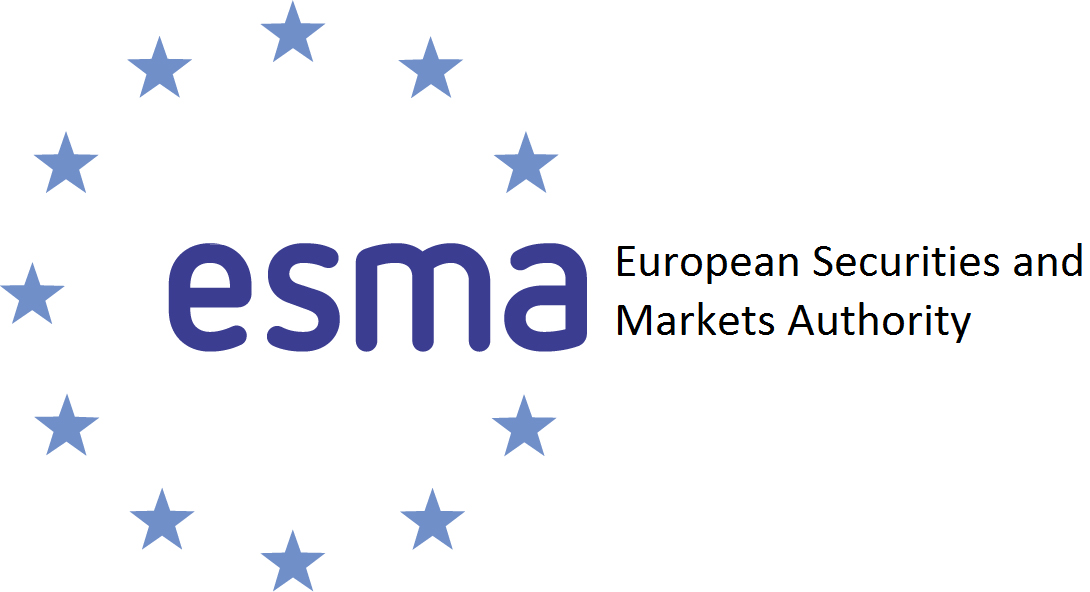The European regulator should have implemented a ban on pre-hedging practices, especially when liquidity providers front-run trades in a competitive request-for-quote (RFQ) bid.
Earlier this month, the European Securities Markets Authority (ESMA) did not ban the practice of pre-hedging following a consultation with the market.
In its conclusion, the European regulator said while the practice may “give rise to conflicts of interest or abusive behaviours”, it found “no arguments” to ban pre-hedging.
Instead, ESMA suggested pre-hedging should be assessed on a “case-by-case basis” with the view to establish global principles in a bid to create a common regulatory approach.
“ESMA believes that global regulatory principles applicable to pre-hedging could be beneficial in fostering a common regulatory approach to this practice,” the regulator said. “Those principles could serve as a basis for the development of any future ESMA guidance.”
Despite calling for a global initiative, ESMA has not gone far enough in its guidance following its ‘call for evidence’ last July.
The likes of Jane Street and EFAMA came out vehemently against pre-hedging practices when investors are engaged in RFQ platforms.
“To call this practice ‘pre-hedging’ is a misnomer. By definition, the pre-hedging dealer has not taken on any risk at the point it decides to pre-hedge,” Jane Street said in its ‘call for evidence’ to ESMA.
“In the absence of any risk management rationale for pre-hedging, the behaviour can be considered to be a form of market abuse (i.e. frontrunning).”
ESMA’s decision could result in unintended consequences for the market. Peter Whitaker, head of EMEA market structure and regulation at Jane Street, said the decision to determine pre-hedging as a voluntary behaviour could “harm” investor outcomes due to the reduction in transparency and movement in prices.
In a note seen by ETF Stream, Whittaker said: “Whether global consistency is possible remains an open question. In the meantime, as the final report recognises, dealers’ views are polarised which could lead to an unlevel playing field.
“In competitive RFQs, dealers that pre-hedge may move the market against competitors. Equally, they have an informational advantage on market liquidity and the unique knowledge whether trades occurring between the time of the RFQ and the time the trade is agreed are the result of their own pre-hedging activity.
“More importantly, given ESMA has determined that pre-hedging is a voluntary behaviour, should the practice be adopted more broadly, client outcomes could be harmed through the aggregate market impact of dealers pre-hedging, moving prices against clients and reducing transparency on current trading levels.”
Echoing Jane Street’s thoughts, John Keogh, managing director at Susquehanna International Securities, told ETF Stream earlier this year: “A market maker should not trade based on the information until the client is filled. Guidance is required and required urgently. We think the current pre-hedging practices of some market participants are detrimental to market confidence and price formation.”
While executing via RFQ platforms remains the preferred choice for investors, the lack of action from the regulator creates a big question mark for ETF trading behaviours going forward.
This practice, especially when trading in a competitive environment such as an RFQ platform, should be banned if regulators want to see the European ETF market develop as it should.





